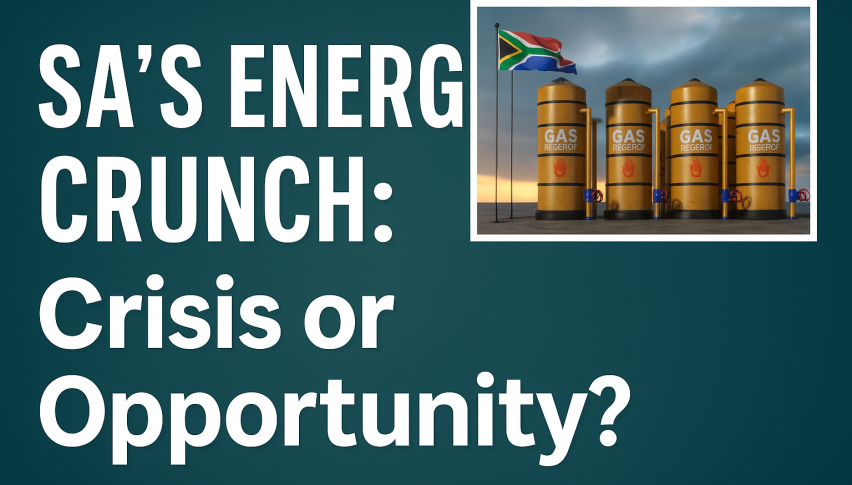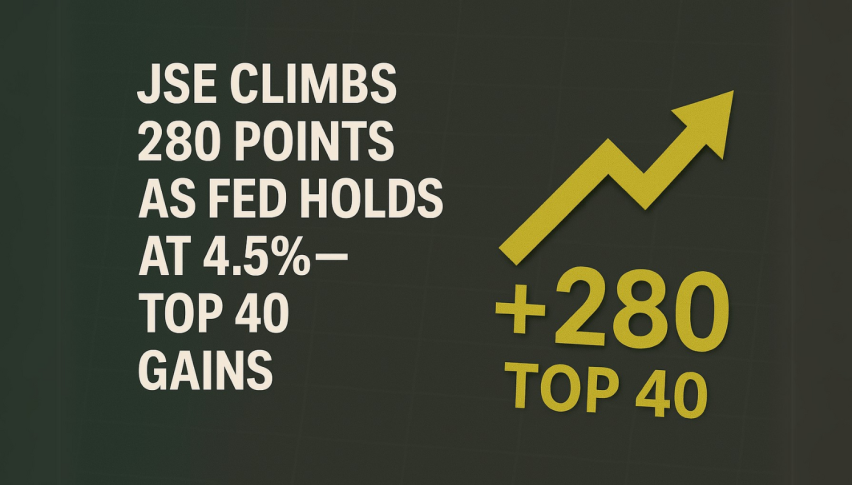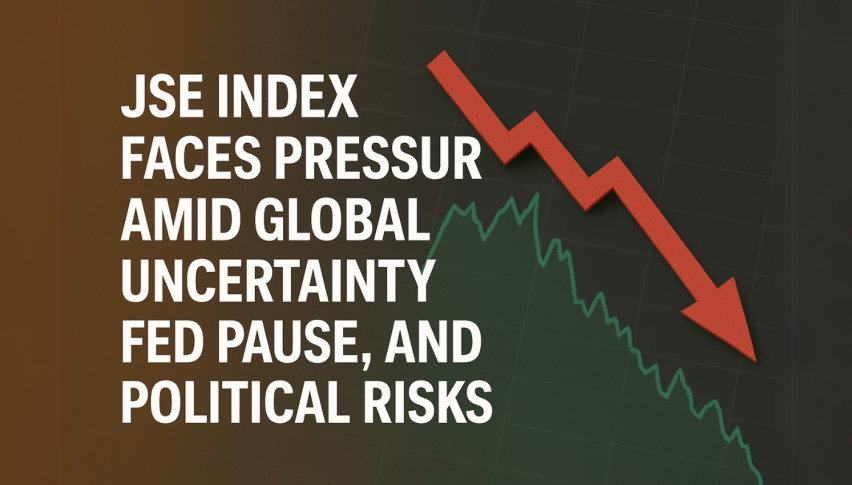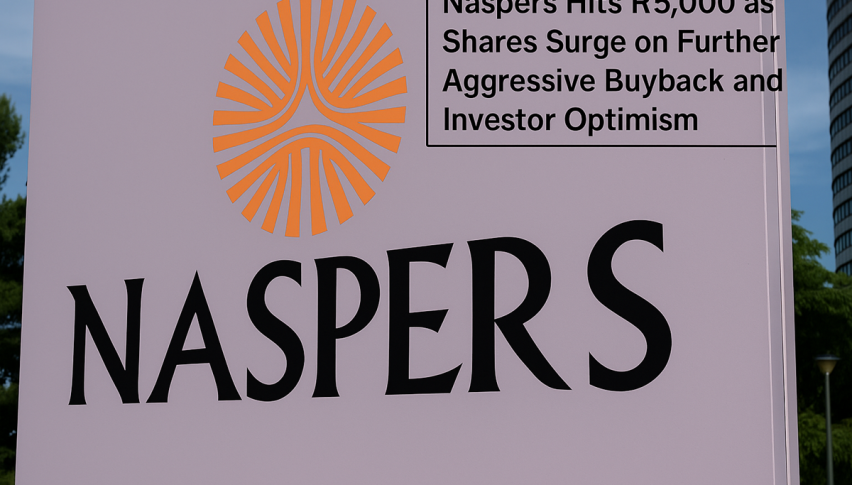Can South Africa Gas Prices Hike and Shortage Be Avoided?
There may be a significant natural gas shortage in South Africa, which could raise price and have immediate industrial and economic...

Quick overview
- South Africa is projected to face a significant natural gas shortage starting in 2026, despite recent offshore discoveries.
- The impending gas crisis could jeopardize around 70,000 jobs and up to 4% of the country's GDP, particularly affecting key industries.
- Declining gas output from Mozambique, which supplies over 85% of South Africa's natural gas, is a major factor contributing to the crisis.
- Urgent action and strategic planning are needed to prevent severe economic consequences and industrial disruptions.
There may be a significant natural gas shortage in South Africa, which could raise price and have immediate industrial and economic repercussions as early as next year. Serious worries have been raised by the nation’s reliance on declining imports from Mozambique, notwithstanding recent offshore discoveries.
A Critical Update from PASA
During a recent panel at the WITS Gas Symposium, the Petroleum Agency of South Africa (PASA) presented a concerning outlook: South Africa is likely to face a significant natural gas shortage beginning in 2026. This prediction comes despite notable offshore gas finds in 2019 and 2020, such as the Brulpadda and Luiperd wells, which have yet to become commercially viable.
Economic Impact: Jobs and GDP at Risk
The looming gas shortage threatens to destabilize key sectors of the South African economy. It is estimated that around 70,000 jobs and up to 4% of the country’s GDP could be lost if the crisis unfolds without intervention. Industries that depend heavily on natural gas—such as steel production, petrochemicals, and manufacturing—are particularly vulnerable. These sectors together account for an economic output between R300 billion and R500 billion annually, making them critical pillars of national productivity.
Mozambique Supply Under Pressure
The root of the crisis lies in the declining gas output from Mozambique’s Pande and Temane fields, which currently supply over 85% of South Africa’s natural gas via an 850km pipeline. These reserves are expected to see sharp declines between 2026 and 2028, threatening what experts are calling a “gas cliff”—a sudden and steep drop in gas availability that could have catastrophic consequences for the industrial sector.
A Call for Urgent Action
Energy and Electricity Minister Kgosientsho Ramokgopa has warned that South Africa stands on the edge of a “gas cliff,” emphasizing that the risk is imminent but not inevitable. “We have the institutional memory, the analytical tools, and the public-private platforms to act,” he said, calling for urgent and coordinated efforts to avert a full-blown energy crisis.
Offshore Discoveries: A Delayed Solution
The Brulpadda and Luiperd discoveries offshore hold long-term promise, but according to PASA, they are not yet ready for commercial development. With sufficient investment and effort, they could eventually offer relief. However, in the short term, these resources do not offset the pressing decline in current supply.
Conclusion: Time for Strategic Planning
South Africa’s gas supply challenge is not merely an energy issue—it is a national economic threat. The need for decisive planning, accelerated infrastructure investment, and regional energy collaboration has never been more urgent. Without immediate action, the country may soon face industrial disruptions, job losses, and slowed economic growth.
- Check out our free forex signals
- Follow the top economic events on FX Leaders economic calendar
- Trade better, discover more Forex Trading Strategies
- Open a FREE Trading Account



